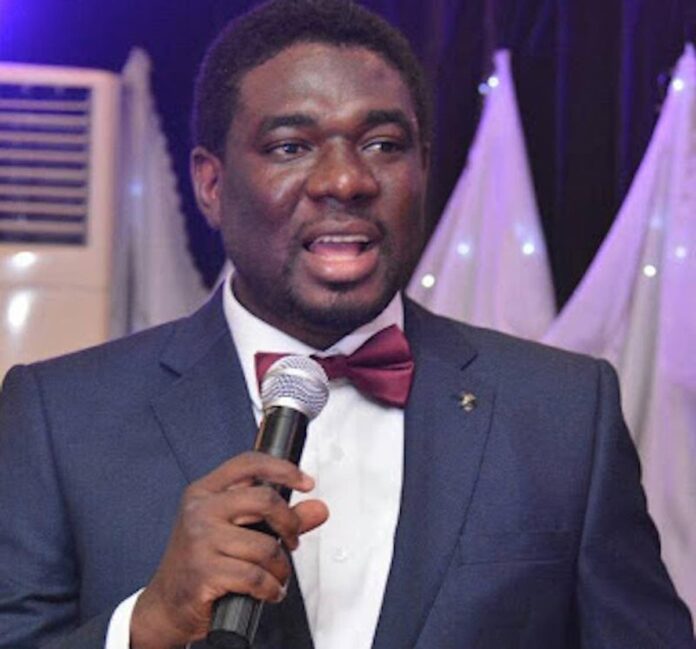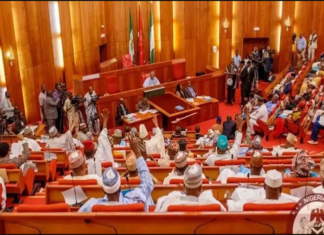Osifo said if the CBN can make dollars available to marketers, diesel would have been selling for between N500/N550
By Eberechi Obinagwam
The president of Petroleum and Natural Gas Senior Staff Association of Nigeria (PENGASSAN), Festus Osifo, has said that the reason why Nigerians are buying diesel at about N800 is because of the parallel market exchange rate.
Osifo who disclosed this in a media parley with Labour Writers Association of Nigeria on Monday while speaking on the state of the nation said the Central Bank of Nigeria’s FX rate for diesel importers is about N440 to a dollar.
Osifo who is also the President of the Trade Union Congress (TUC), said that if the CBN can make dollars available to marketers, diesel would have been selling for between 500/550 naira, ”But because the importers have to visit the parallel market to obtain their FX at about N700 before they can sell, so, that is one of the fundamental problems,” he explained.
READ ALSO
Ogun Assembly Speaker Oluomo gets N300m bail in N2.5bn laundering case
Explaining further, he said “Yes those managing our economy will tell you that it is as a result of the high price of crude oil, but that is another factor. Crude oil was selling about 140 dollars per barrel some years back and diesel had been deregulated for a very long time. But how much was it sold for then? N160, N170 Naira.
“The reason for the high price is because the importers had to go through a parallel market. Imagine what will happen if the parallel market now goes to N1000 per dollar. That means we are going to buy diesel for N900 or even much more in the next few months.
“Also, most of the goods that are produced abroad, or even produce here locally whose goods are sorted abroad have a component of the parallel market of USD in it. And when we have them, it is an issue that we need to tackle. It is an issue that we must take the managers of our economy on because if we allow the parallel market to dictate what happens in our economy, it is as good as doom.”
Expanding more on the state of the nation, he said Nigeria’s economy is in a sorry state. He said he agreed that there have been economic challenges all over the world, ”But it just started this year like the Ukraine and Russia war. For the past three, or five years, it has been hectic, and difficult and it has been a real challenge for an average Nigerian worker,” he said.
Adding he said: “Today, our minimum wage that has been negotiated for thirty thousand Naira sometime in 2019, a lot of states have not yet implemented it. And beyond it as well the real value of that N30,000 has been depreciated. What the salary could buy two, or three years ago is nothing to write home about now. That shows that an average Nigerian worker is passing through one of the most difficult periods in its history.
“The inflation level is going northward and with the devaluation of our currency, no one can dictate what is going to happen tomorrow. We run an economy that is dependent on the value of an Aboki FX. An economy that is dependent on what is happening in the parallel market and not an economy whose exchange rate is managed by the central bank. And that is a risk, a very huge risk,” he said.













